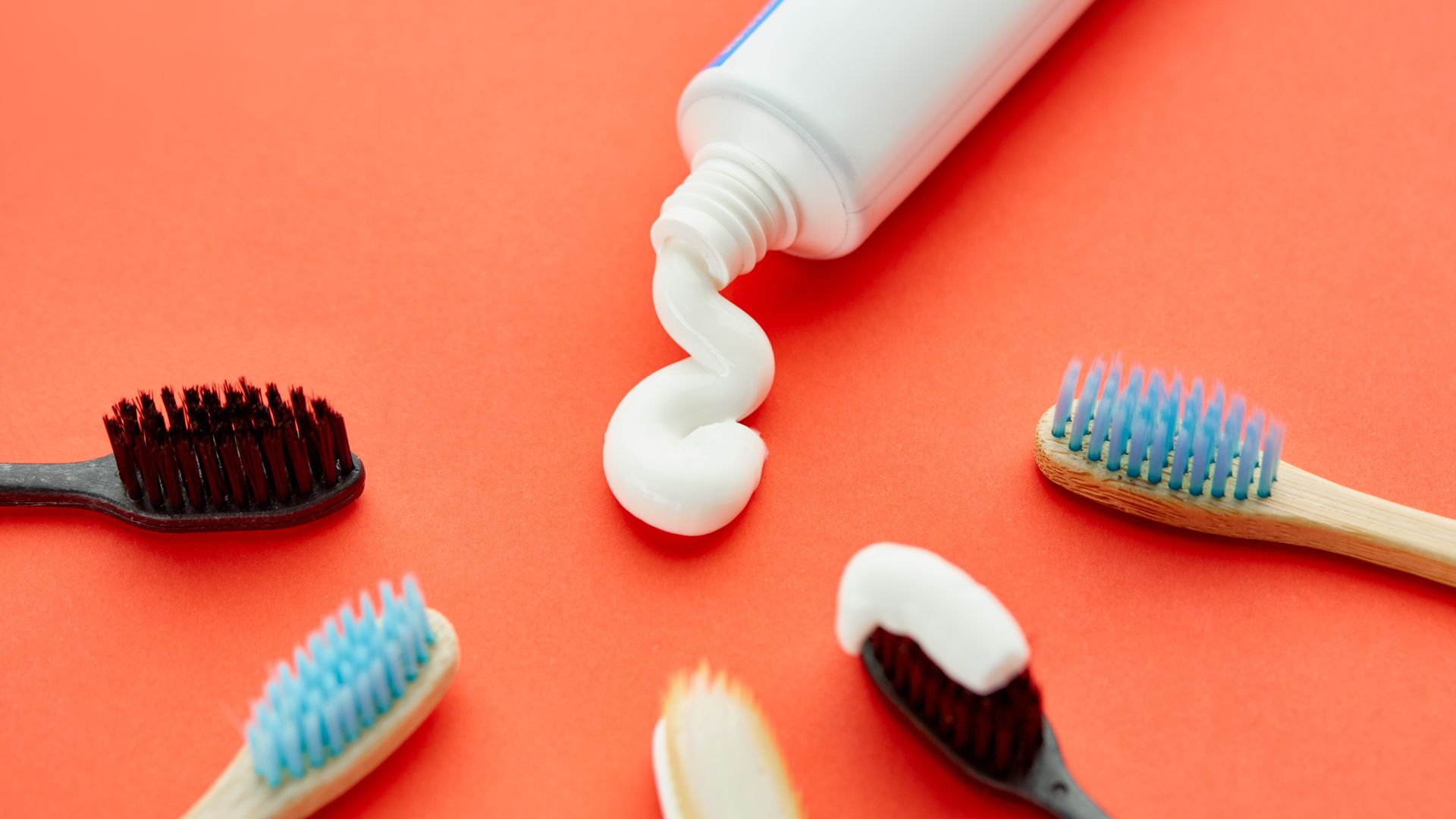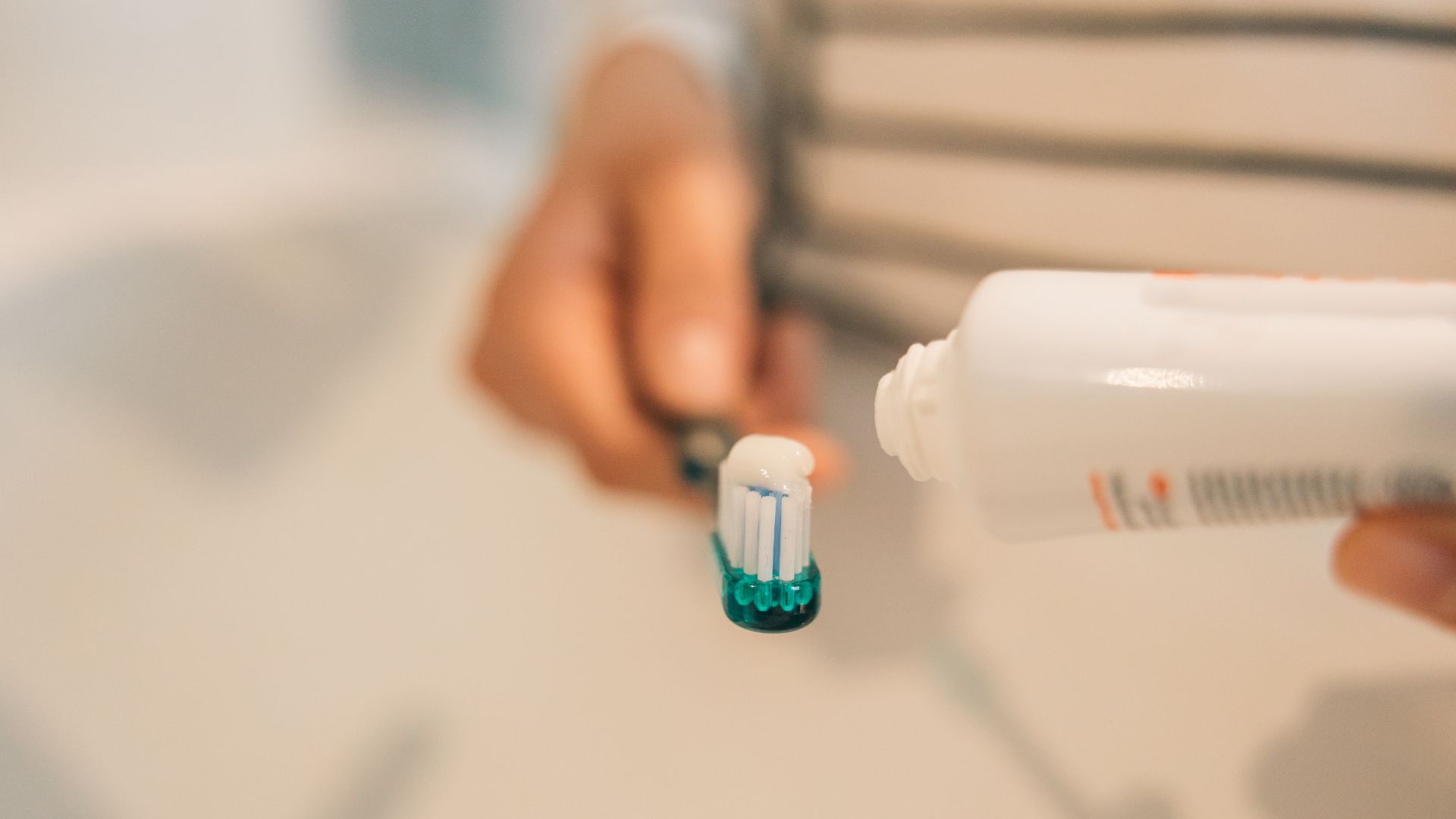Sensitive Teeth Solutions: Expert Tips for Oral Care Relief

Sensitive teeth, affecting up to 57% of the population. Sensitive teeth, a common concern, can lead to toothache and discomfort when enjoying hot or cold food and drinks. This condition, known as dentinal hypersensitivity, arises from enamel wear and gum recession, exposing the dentin and making your teeth more susceptible to temperature extremes and other triggers.
Addressing sensitive teeth involves understanding the root causes, from gum recession to teeth grindingAdopting daily care practices and seeking professional treatment are key for long-lasting relief from sensitive teeth. This guide will walk you through the essential steps to mitigate discomfort and protect your teeth from further sensitivity.

Understanding Tooth Sensitivity
Tooth sensitivity, or dentinal hypersensitivity, is a common dental issue characterized by a sharp painTeeth sensitivity can be triggered by stimuli such as cold or hot foods and drinks, sweet or sour flavors, and even cold air. This discomfort typically lasts for a short duration but can affect multiple teeth simultaneously.
Key Causes of Sensitive Teeth
- Enamel Wear and Exposed Tooth Roots: The primary cause of sensitivity is the wearing away of tooth enamel or the exposure of tooth roots, often due to aggressive brushing or gum recession.
- Dental Health IssuesConditions like cavities, gum disease, and cracked or chipped teeth are common causes of sensitive teeth. Each of these conditions can expose the dentin, the layer beneath the enamel, increasing sensitivity.
- Lifestyle FactorsEnamel erosion, caused by consuming acidic foods, using hard-bristled toothbrushes, or teeth grinding, can exacerbate teeth sensitivity.
Contributing Factors to Sensitive Teeth
- Genetic FactorsSome individuals may be genetically predisposed to have thinner gum tissue, which can contribute to sensitive gums and increased teeth sensitivity.
- Dental Procedures: Recent dental work can temporarily increase tooth sensitivity.
- Age and Dental Hygiene: Sensitivity is most prevalent among adults aged 20 to 50, with improper dental hygiene like inadequate plaque control contributing to the condition.
- External ChemicalsThe use of teeth whitening products and certain acidic mouthwashes can also heighten teeth sensitivity, particularly if the dentin is exposed.
Understanding these factors is crucial for managing and preventing the discomfort associated with sensitive teeth. By identifying the specific causes and contributing factors, individuals can adopt more effective oral hygiene practices and seek appropriate dental treatments to alleviate sensitivity.
Common Triggers and Causes of Sensitive Teeth
Factors Contributing to Tooth Sensitivity
Understanding the various factors that contribute to tooth sensitivity is crucial for managing and preventing this common dental issue. Here’s a breakdown of the primary triggers and causes:
- Age-Related Changes and Dental Health Issues: As you ageAs your gums recede and your teeth’s enamel wears down, the dentine layer connected to the nerves becomes exposed, leading to sensitivity. Common dental conditions like caries, gum disease, and cracked teeth also expose the dentine, increasing sensitivity.
- Lifestyle and Dietary Habits: The consumption of acidic foods and beveragesFrequent consumption of acidic beverages, such as wine, citrus fruits, and carbonated drinks, can lead to enamel erosion, significantly contributing to tooth sensitivity. Regular exposure to these acids can be detrimental to your dental health.
- Oral Hygiene Practices: Using a hard-bristled toothbrushBrushing too hard or using a hard-bristled toothbrush can wear down tooth enamel, a condition known as enamel erosion, and contribute to gum recession. Both of these issues can expose the sensitive dentine layer beneath. It’s advisable to use a soft-bristled toothbrush and gentle brushing techniques to protect your enamel and gums.
- Bruxism and Other Physical FactorsTeeth grinding, or bruxism, often related to stress, can wear down the enamel, leading to enamel erosion and contribute to tooth sensitivity. Additionally, dental abrasions from vigorous brushing or the use of hard dental cleaning tools can cause notches near the gums, further exposing sensitive areas.
- Post-Dental Treatment SensitivityIt’s not uncommon to experience increased sensitivity after dental treatments such as fillings, crowns, and tooth bleaching. This sensitivity is usually temporary but can be quite discomforting. Seeking tooth sensitivity treatment can help alleviate these symptoms.
- Preventive MeasuresTo mitigate sensitivity, it is recommended to avoid or limit acidic foods and drinks and give your teeth a break from whitening products. Teeth whitening agents may contain harsh chemicals that can exacerbate sensitivity issues.
By addressing these triggers and modifying certain behaviors, you can significantly reduce the discomfort associated with sensitive teeth, improving your overall oral health.
Preventive Measures and Daily Care
Daily Oral Hygiene Practices
- Brushing Technique: Brush your teeth twice a dayUsing a soft-bristled toothbrush and fluoride toothpaste is key. Employ gentle strokes to avoid damaging the enamel and gums, ensuring your brushing technique supports oral health without causing harm.
- FlossingMake it a habit to floss daily. This helps remove food particles and plaque buildup from areas that your toothbrush can’t reach, effectively reducing the risk of sensitivity and promoting healthier gums.
Use of Specific Dental Products
- Toothpaste ChoicesAvoid abrasive toothpaste which can wear down enamel. Instead, opt for desensitizing toothpaste designed for sensitive teeth, containing ingredients that help soothe and protect your enamel.potassium nitrate to help reduce sensitivity.
- Mouth GuardsIf you are prone to grinding your teeth at night, consider using a mouth guard to protect your teeth from excessive wear, safeguarding your dental health while you sleep.
Dietary Adjustments
- Managing Acid IntakeLimit your exposure to acidic foods and drinks such as citrus fruits, wine, and carbonated beverages to prevent enamel erosion. These can erode tooth enamel and exacerbate sensitivity.
- Post-Acidic Food CareAfter consuming acidic foods or drinks, rinse your mouth with water to neutralize the acids and protect your enamel.
Regular Dental Visits
- Check-ups and Cleanings: Schedule regular dental check-ups and cleaningsRegular teeth cleanings not only help maintain oral health but can also catch and address issues that may lead to increased sensitivity, like plaque build-up or gum recession, thus promoting gum health.
Additional Protective Measures
- Mouthwashes and RinsesUse a sensitivity mouthwash like LISTERINE TOTAL CARE SENSITIVE MOUTHWASH® for complete protection, to enhance enamel protection and reduce bacterial buildup.
- Night Guards for BruxismTo prevent damage from teeth grinding, a custom-fitted night guard can be an effective solution.
Long-term Strategies
- Fluoride TreatmentsConsider fluoride treatments for enamel strengthening, which strengthen the tooth enamel and reduce the transmission of sensations to the nerve.
- Saltwater and Oil RinsesAlternatives like rinsing with saltwater or coconut oil can help increase oral pH and reduce bacterial presence, thus protecting against decay and sensitivity.
By integrating these preventive measures into your daily routine, you can significantly reduce the risk of developing sensitive teeth and ensure a healthier oral environment.
Professional Treatment Options
Professional Treatment Options
Desensitizing Products and Fluoride Treatments
- Anti-Sensitivity Toothpastes: Regular use of desensitizing toothpaste can help block pain associated with sensitive teeth after several applications.
- Fluoride Applications: Applying fluoride directly to sensitive areas Fluoride treatments can strengthen tooth enamel and alleviate pain, offering enamel strengthening. This can be done through over-the-counter products or prescription fluoride used at home via a custom tray.
- High Fluoride Treatments: These include high fluoride toothpastes or mouthwashes, and varnishes or gels that may be applied by a dentist. for extra relief.
Dental Procedures
- Dental Bonding This involves applying bonding resin to sensitive root surfaces, which can significantly reduce sensitivity.
- Root Surfaces Treatments Treatments like fluoride varnishes and dentin sealers, specifically designed for dentin exposure, can be painted onto the exposed root surfaces to protect them and reduce sensitivity.
- Gum Grafts If gum tissue has receded, a small amount of tissue can be taken from elsewhere in your mouth and attached to the affected site to protect exposed roots and improve gum health, thus reducing sensitivity.
Advanced Dental Treatments
- Root Canal Therapy Considered the most successful technique for eliminating tooth sensitivity, this procedure treats problems in the tooth’s soft core (dental pulp).
- Crowns and Fillings These are used to treat tooth decay, which can be a source of sensitivity.
- Surgical Gum Treatments For severe cases, especially where gum disease is present, specialized treatments may be necessary.
Consultation and Customized Care
- Dentist Consultation It’s crucial to visit a dentist to identify or rule out any underlying causes of tooth pain. A professional can provide the necessary tooth sensitivity treatment and dietary advice.
- Customized Dental Products Based on individual needs, a dentist might recommend specific over-the-counter or prescription products to alleviate sensitivity.
By consulting with a dental professional and considering these treatment options, individuals suffering from sensitive teeth can find significant relief and improve their overall oral health.
Conclusion
Through the journey of understanding the causes and solutions for sensitive teeth, it’s clear that both daily care and professional treatments play critical roles in managing dentinal hypersensitivity. From adopting soft-bristled toothbrushes and desensitizing toothpaste to considering fluoride treatments and dental procedures, the pathway to relief is multifaceted. Identifying triggers, along with effective preventive measures, is crucial in maintaining overall oral health and mitigating discomfort for those with sensitive teeth.
In addition to these strategies, incorporating products specifically designed to combat tooth sensitivity can provide an extra layer of protection for those with sensitive teeth. For optimum prevention, consider incorporating Enzim Oral Care into your daily routine. By understanding the broader implications of our oral health practices and seeking both professional guidance and suitable products, individuals can significantly improve their quality of life, experiencing the joy of cold ice cream or a hot coffee without apprehension.
FAQs
What are the optimal oral care practices for managing sensitive teeth?
To manage sensitive teeth effectively, it’s recommended to brush twice daily using a soft-bristled toothbrush and fluoride toothpaste, and to floss every day. Employ gentle brushing motions instead of vigorous or harsh scrubbing to avoid brushing too hard, and steer clear of abrasive toothpaste types. For individuals who experience teeth grinding, a consultation with a dentist for a mouth guard is advisable.
What are some immediate remedies for sensitive teeth?
To alleviate sensitivity in teeth quickly, several home remedies can be employed:
- Desensitizing toothpaste can help reduce pain and block the sensation from reaching your brain.
- Rinsing with hydrogen peroxide mouthwash.
- Drinking green tea.
- Gargling with a mixture of honey and warm water.
- Applying capsaicin, which is found in hot peppers.
- Using turmeric, known for its anti-inflammatory properties.
- A saltwater rinse.
- Applying vanilla extract.
Is it safe to apply Sensodyne toothpaste to my teeth overnight?
Yes, applying a thin layer of desensitizing toothpaste, such as Sensodyne, to the affected tooth near the gum line before sleep and leaving it on overnight can help desensitize sensitive teeth. However, it is important to avoid drinking water after the application to ensure the effectiveness of the toothpaste.
What over-the-counter medications are recommended for sensitive teeth?
For pain relief from sensitive teeth, the following over-the-counter medications are considered effective:
- SenzAway Tooth Desensitizing Gel.
- DenTek Instant Pain Relief Maximum Strength.
- Crest Pro-Health Sensi-Stop Tooth Sensitivity Relief Strips.
- Orajel Instant Pain Relief Cream.
- Zilactin-B Oral Pain Reliever.


